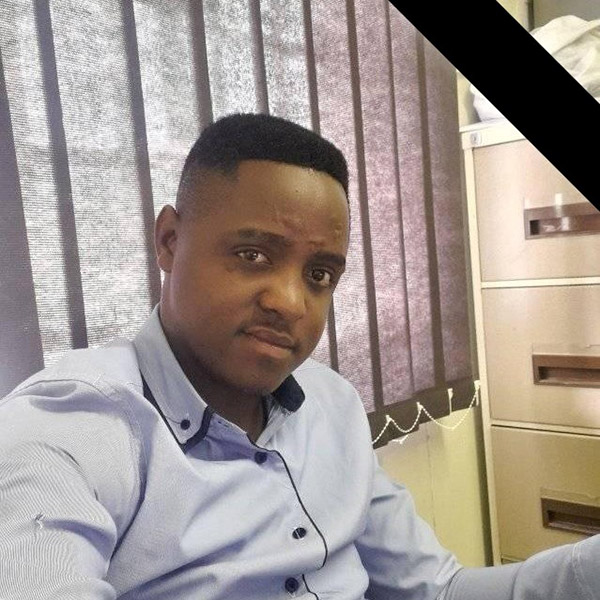As I sit down to write this article, I can’t help but feel an overwhelming sense of frustration and sadness. The question that has been haunting me for a long time is, do we all have equal opportunity in this world? And the more I think about it, the more I am convinced that the answer is a resounding no.
Growing up, I was always taught that if I worked hard and put in the effort, I could achieve anything I wanted. And for a long time, I believed that. But as I got older and started to pay more attention to the world around me, I began to see just how unfair and unequal our society is.
The truth is, where you are born and who you are born to have a huge impact on your opportunities in life. If you are born into a wealthy family with connections and resources, your path to success is much smoother than if you are born into a family that struggles to make ends meet. And that’s just one example of how our society privileges some people over others.
But it’s not just about wealth and connections. There are so many other factors that play a role in determining our opportunities in life – our race, gender, sexual orientation and more. These things shouldn’t matter, but they do, and they can have a profound impact on our lives.
I know that some people will argue that everyone has the same opportunities, and that we all start on a level playing field. But that’s simply not true. We may all have the potential to achieve great things, but the reality is that some people face far more obstacles and barriers than others.
And it’s not just about individual opportunities – it’s about systemic inequality. Our education system, our healthcare system, our criminal justice system – all of these systems are rife with biases and inequalities that disproportionately affect certain groups of people.
So, where does that leave us? Do we just accept that some people will always have more opportunities than others? Absolutely not. We need to work together to create a society that truly values equality and justice for all.
That means addressing the systemic issues that perpetuate inequality – investing in education, healthcare and social programs that uplift the most marginalised members of our society. It means working to dismantle the structures of oppression that hold so many people back.
It’s not going to be easy, and it’s not going to happen overnight. But it’s a fight that we have to take on if we want to create a world where everyone truly has equal opportunity. We owe it to ourselves, and we owe it to future generations.



